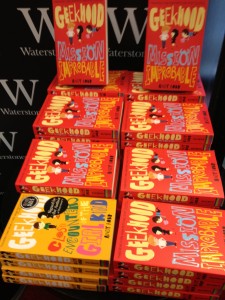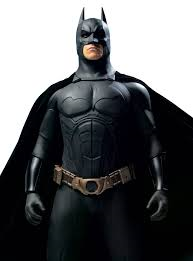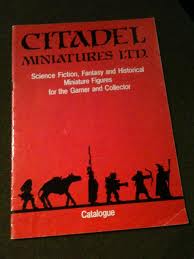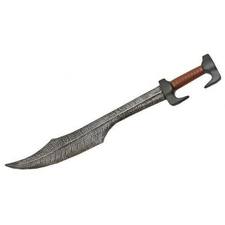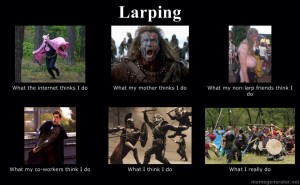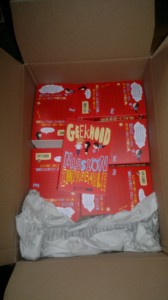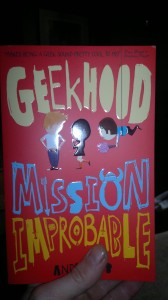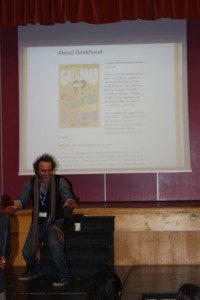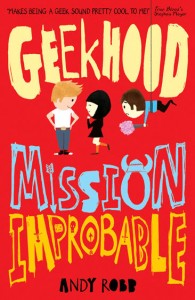It’s that age-old question; the one that’s bothered Geeks and Nerds since the genres became established. But I’m not talking about the films; I’m talking about books. Most fans of either camp seem to be able to dip into films about their literary nemesis with no problem at all. But, chuck a sci fi book at a swords and sorcery head or a fantasy novel at a ray-guns and gadgets geek, then you’ve got problems.
I know which camp I sit in: I’ll take a wizard over a robot, any day of the week. So, I suppose this post is less about sci fi versus fantasy and why I’ll cheerfully talk Tolkien, but I’ve had enough of Asimov.
Probabilities and Improbabilities
There’s been a lot of conjecture over what separates what, on the surface, appear to be two forms of escapism. One of the most-widely quoted definitions belongs to Miriam Allen deFord. DeFord was an American journalist-turned-writer, who was the author of a good few sci-fi books. Her thought was that “science fiction consists of improbable possibilities, fantasy of implausible possibilities.” It’s not an easy one to argue with but, for me, it doesn’t tick all the boxes.
I’ve done my time on sci fi; I’ve read Scott Card, Asimov, M Banks and others but – and I don’t mean any disrespect to their word – I’ve never come away feeling as satisfied as I have when I’ve read Tolkien, Donaldson, Stroud or anything that’s got a wizard and some swords in it. And preferably a shadowy bad buy with more powers up his sleeve than you could shake a staff at. But why should that be any different to reading about something futuristic? It’s all escapism, isn’t it?
Similarities
I suppose, for me, the difference lies in how the characters get to interact with the worlds they exist in. In the wacky world of fantasy, there are usually a few life-restoring berries to fall back on or some magical elixir to pull you out of trouble – just as in sci fi, you get genetically-engineered cures and rare-but-accessible antidotes. On a first view, there are some similarities, albeit in different guises.
Differences
But the real difference – and, again, it’s only how I perceive it – is the stuff that defines each genre: magic and science – and that has to have an effect on how we see the characters. When a character uses magic, it usually involves them having to reach deep down inside them and connect with some hidden aspect of their being; their strength, their courage or maybe their love for the world around them. In the Chronicles of Thomas Covenant, the lead character – possibly one of the most miserable, self-pitying characters you’re ever likely to come across – has to learn to control his magical abilities, which are almost an analogy for his self-loathing. As his anger dissipates and his recognition of The Land as a place for healing takes its place, his powers become easier to master. I loved those books.
In sci fi, the leads tend to have to use solutions outside of themselves in order to solve the problem at hand. Sure, they might have to think of it, write the formula or whatever, but the ultimate solution to their situation will be technological or algorithmic. In Neuromancer, Henry Case has to ascend through various levels of cyberspace in order to reclaim his status as the ‘console cowboy’. The central problem is the revelation of a password but, once Chase gets it, you know that all will be well. I admired the writing, but the environment just left me feeling like I’d absorbed too much data.
Within and Without
So, I think that’s why I like fantasy more than sci fi; fantasy seems to me to be about the power within while sci fi seems to be about the power without. And I guess I’m one of those people who’d like a bit more inner power.
Let the shooting begin; I’m off to watch Star Trek. Whilst reading a bit of Lord of the Rings on the sly.

